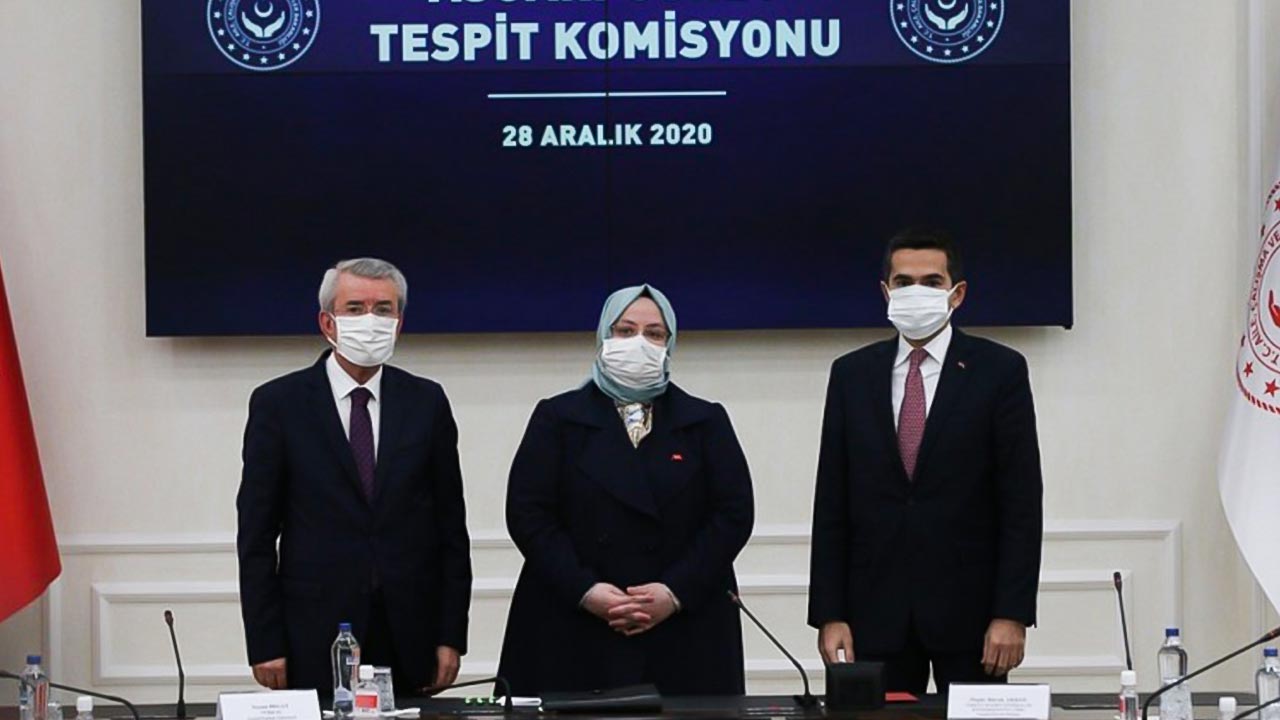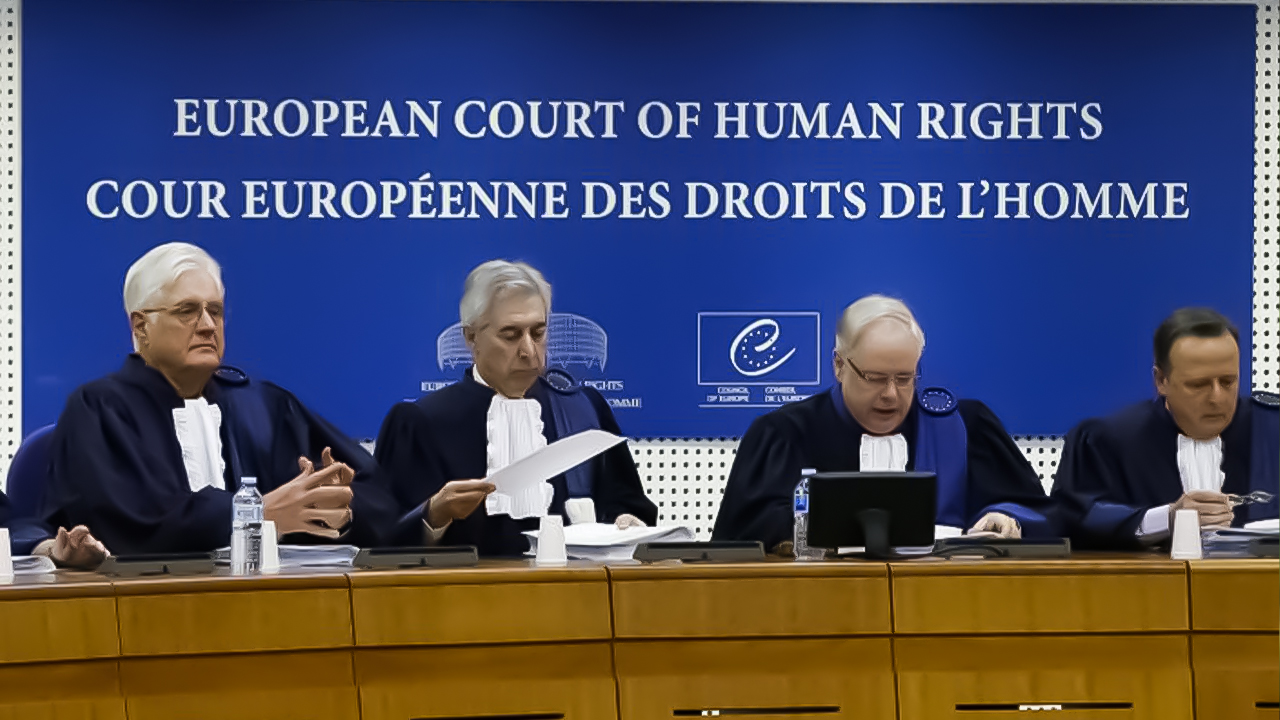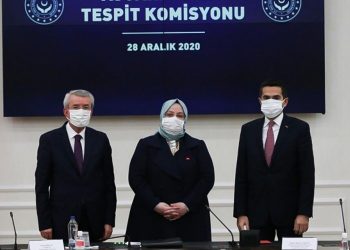Tuesday’s coup in Mali has been widely condemned by international governments and organisations, who are naturally concerned about take-overs of power – except when they have sponsored them. The coup leaders have claimed –as coup leaders generally do – that their only interest is the well-being of the country, and their aim is simply to run a transitional government until they can hold new elections. Even if we take this at face value, elections will not be easy, with widespread insecurity as well as a global pandemic. The only thing that can be certain, is that nothing is certain, and for the people of Mali, poverty and physical danger will continue to rule their lives.
The current instability has its recent source in 2012, when a separatist movement in the north of the country was followed by a coup in the centre, and the growth of movements linked to Al Qaeda and Daesh. Ethnic-based militias exploited the political instability – spurred by competition for resources that has been heightened by climate change. And international forces, notably UN peacekeepers and soldiers from France (the former colonial power), have attempted to keep a lid on a volatile situation, while little has been done to address the underling causes of instability.
This week’s coup has followed major street protests against government mismanagement and corruption, and disputed elections. In response to demonstrations in July, police fired on demonstrators killing between ten and fourteen people.
The coup began with the takeover of an army base, before mutinying forces marched on the capital, Bamako, and arrested the president, Ibrahim Boubacar Keïta, and his prime minister. The next day Keïta announced his resignation on television, observing that he had no other choice.
The Guardian notes that there were “reports on Wednesday” that the coup leaders had met with Mahmoud Dicko “a conservative cleric with a large popular following and de facto leader of the recent protest movement.”
The instability in Mali is linked to wider instability across the region, which is only heightened by the new ‘scramble for Africa’ by external powers seeking strategic advantage and valuable natural resources.

















